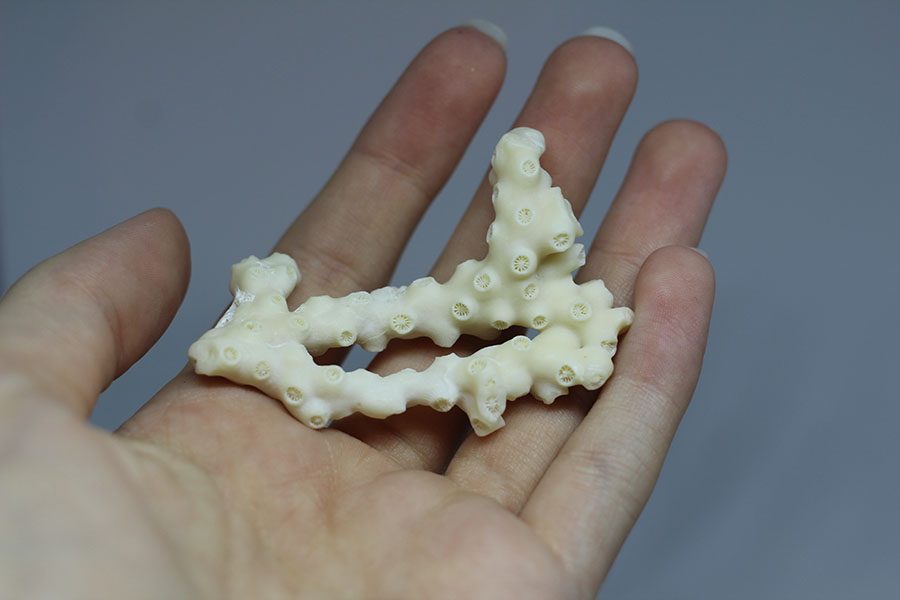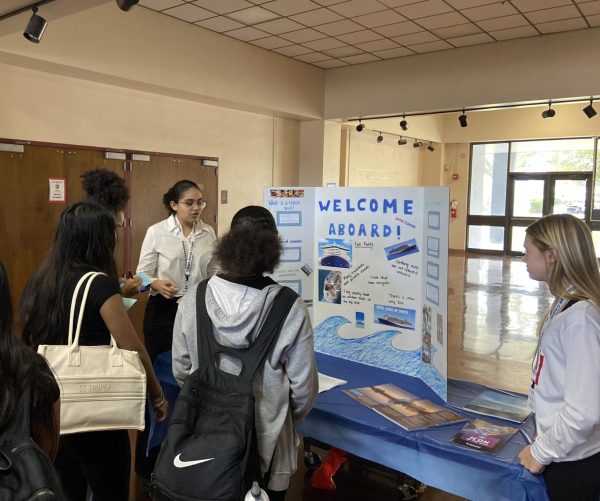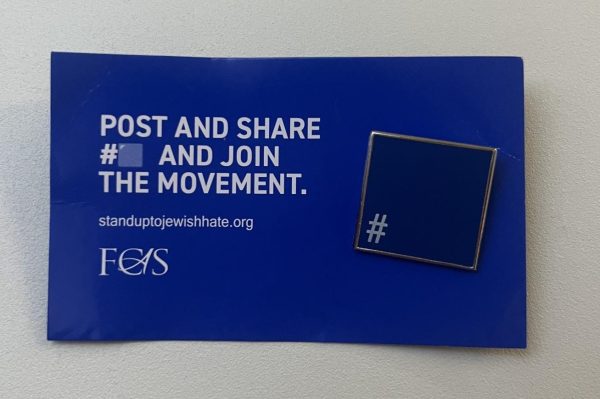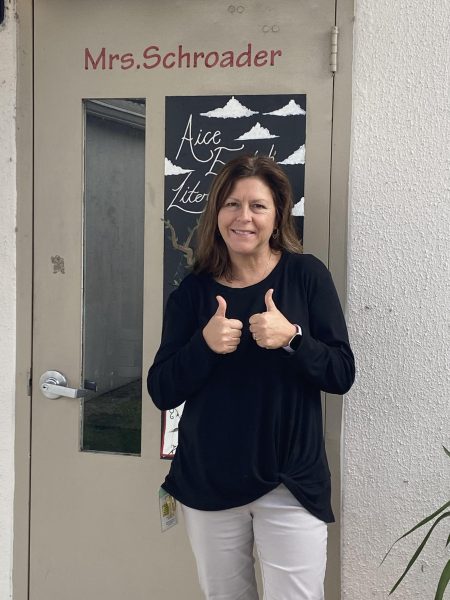Our Reefs are as Stressed as You Are
May 3, 2019
If you’ve ever been to a Florida beach you may have come across small pieces of coral when walking along the sand. Now normally they’re white which some may think is just the coral’s natural color when it’s actually not. The white color means the coral is stressed, yes, stressed. You may be thinking “how can coral be stressed?” Well that’s what this article is for.
So to start, coral has a mutual gain relationship with an algae called zooxanthella. If the relationship becomes stressed the algae will leave and the coral begins starving, turning a pale white color. You still with me? Great. Now the reason for the stress is normally attributed to warming water (as result of global warming) but it can also be caused by extreme low tides, overexposure to light, runoff/pollution (specifically stormwater runoff in South Florida) and even certain chemicals in sunscreen.
As of the past couple years coral bleaching has been at a all time high. This issue that had once been found only in the Great Barrier reef has slowly spread to other reefs including the ones here in South Florida. As of 2016, 93% of the Great Barrier reef has been affected by coral bleaching. The biggest system of reefs in the world has been plagued with this dilemma so quickly that one must wonder how fast other reefs will be overtaken.
You’re probably saying “why does this matter?” Well If bleaching continues as it is we will lose our coral along with some of our diverse underwater ecosystem and the marine life that depends on it. The Florida economy will be negatively affected as ecotourism will shrink. Even our beaches will be affected as reefs dissipate the energy of waves coming to shore preventing the erosion of Florida beaches.
Some students have shared how coral bleaching is personally affecting them. Kyle Kangas commented, “Since I do a lot of diving and spearfishing…once the reefs become bleached the fish travel to new reefs and then there’s no motivation for me to go diving or swimming.” Another ocean lover, Hailey Velong, had said, “A lot of my photography showcases the beauty of our local reefs and sea life. With coral bleaching , a lot of those photo opportunities are being taken away due to the the reefs getting destroyed and sea life not wanting to stick around…because of tourists and people just don’t care or know what they’re doing.”
There is hope though. July 1, 2018 Bill HB 53 was passed in Florida. This bill allows federal money to be used in the protection of the reefs along the south florida coastline. The bill isn’t the only thing that can help our beaches though. I sat down with our schools Marine biology teacher, Mrs. Pirchio, to discuss ways we as students can help protect our dying reefs. She explained how important it is to be environmentally sound consumers and recommended, “cutting back on fossil fuels, converting solar energy, supporting elections and candidates that support the environment.” When asked her personal opinion on coral bleaching she said, “Experiencing coral reefs my whole life…to see the degrading of coral…seeing that saddens me that my kids won’t be able to see the same beautiful reefs I grew up seeing.”












